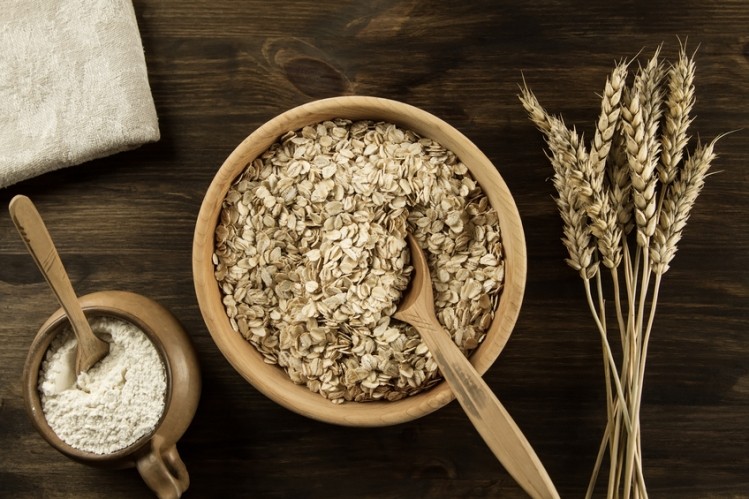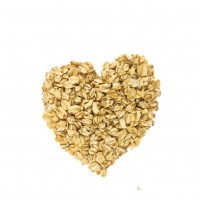Magic markers: Deeper insights gained in oat’s cholesterol-lowering power, review finds

Whilst the impact of oats on lowering LDL (or 'bad') cholesterol is well-established, it is the beneficial lowering effect of the biomarkers, non-HDL cholesterol (total cholesterol minus the HDL or 'good cholesterol') and apolipoprotein B, (apoB - a lipoprotein that carries bad cholesterol through the blood), which has interested the research team.
Cholesterol-lowering claims exist for oat component β-glucan in some jurisdictions including under the very strict European Union nutrition and health claims regulation (NHCR), and whole grains feature in many nation's healthy eating guidelines, but study author and research nutritionist Thanh Hoang Ho said the message on dietary fibre concept is confusing and outdated.
“Although it is correct that we should increase fibre content of our diet, most current dietary recommendation may not be precise enough,” he said. “It is not only the quantity of fibre that is important to our health but also its quality or type of fibre. Higher viscosity fibres such as the ones found in oat, barley or psyllium seem to possess more universal effects to our health than the fibres from wheat and rice.”
“In addition to providing heart health benefits such fibres may also affect gut microflora, decrease constipation by increasing food transit time through our intestines.”
Review and meta-analysis

Led by Dr Vladimir Vuksan, a research scientist at St Michael's Hospital, in Toronto, Canada, the review and meta-analysis of 58 randomised controlled trials gathered results from 4,000 subjects worldwide. Vuksan’s team found that overall LDL cholesterol was reduced by 4.2%, non-HDL cholesterol by 4.8% and apoB by 2.3%.
“When it comes to health benefits of the whole grain, the main advantage on improving blood cholesterol that we observed from literature is likely due to its fibre type and content,” explained Ho.
“Nonetheless, whole grains by definition contain the entire grain – the bran, the nutrient rich germ and endosperm, which can contribute to reaching the daily recommended levels of micronutrient intake, but the benefits of their contribution or interaction to heart health is unclear, apart from the effect of fibre.”
In contrast to the established relationship between oat β-glucan and LDL-cholesterol, there is little understanding of the relationship between oat β-glucan, non-HDL-cholesterol and apoB.
The researchers have made a case for these markers as more relevant targets as non-HDL-cholesterol contains all the cholesterol forms that tend to promote the formation of fatty deposits in the arteries.
In addition, apoB is present on all lipoprotein particles that promote fat build up in the arteries.
In the handful of studies that have focused on these biomarkers both non-HDL-cholesterol and apoB have shown strong associations with CVD risk, especially when LDL-cholesterol appears to be within a normal healthy range.
Diabetes dilemma

While results demonstrated significant reductions of non-HDL cholesterol and apoB levels, the researchers thought these results were somewhat compromised by significant increases in LDL-cholesterol in those suffering from type 2 diabetes.
“This is an important finding, considering that type 2 diabetes is generally not associated with increased LDL-cholesterol,” the study commented.
“Therefore, focusing on interventions that reduce non-HDL-cholesterol and apoB may be more practical and reliable for addressing the increased risk of CVD in type 2 diabetes mellitus.”
Source: British Journal of Nutrition
Published online ahead of print, doi:10.1017/S000711451600341X
“The effect of oat β-glucan on LDL-cholesterol, non-HDL-cholesterol and apoB for CVD risk reduction: a systematic review and meta-analysis of randomised-controlled trials.”
Authors: Vladimir Vuksan et al.














